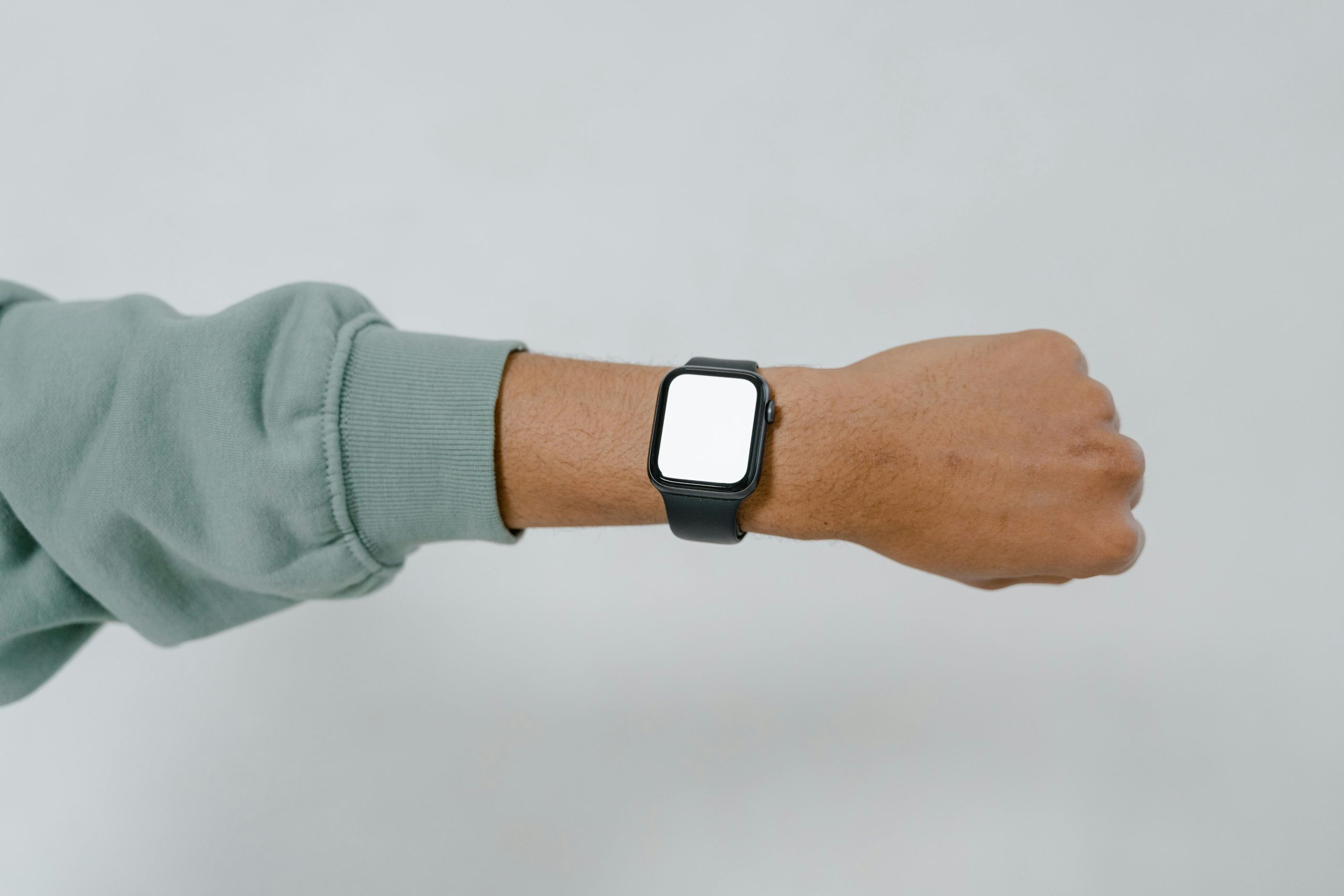Hidden in Plain Sight: An Overlooked Danger to Our Autonomy
The Hidden Threat to Our Autonomy: How Our Attention is Under Siege
In today’s digital age, many of us focus on sensational fears surrounding artificial intelligence—images of rogue robots and AI uprising dominating headlines and conversations. These scenarios, while captivating, tend to overshadow a quieter but potentially more damaging threat: the erosion of our attention and, by extension, our free will.
What if the greater risk isn’t a sudden technological catastrophe but a subtle, ongoing shift in what captures our focus? This shift impacts our worldview—our entire perception of ourselves and the world around us—which is primarily shaped by the information we absorb through our senses over time.
Think about it: your beliefs, trust, political inclinations, and understanding of reality are largely molded by the stories, images, and messages you encounter daily. All species process sensory information to survive, but humans have an extraordinary advantage: our ability to communicate complex ideas symbolically. Through language, writing, and storytelling, we transmit shared worldviews—our collective knowledge—across generations.
This symbolic communication is the foundation of civilization. It’s the reason we can exchange ideas, build cultures, and advance technologies. Yet, it also makes us vulnerable.
Historically, written language—our first major technology for symbolic transmission—emerged around 5,000 years ago. For most of human history, literacy wasn’t widespread; worldview formation was rooted in direct experience and shared oral traditions. The advent of television in the 20th century radically changed this landscape by providing an accessible means of shaping thoughts and perceptions without the need to read.
When I was born in 1987, homes typically had a single TV—watching was a conscious choice, often with little personalization. Today, screens are ubiquitous, and algorithms behind these devices are finely tuned to understand and influence us. This tailored content—movies, social media feeds, news—shapes our realities in ways we might not even realize.
The concern is this: what happens when an algorithm “knows” us better than we know ourselves? When a substantial portion of our worldview is curated by unseen forces, external to direct experience? We face the risk of losing autonomous agency, turning into entities manipulated by a complex web of stories and images—a digital superorganism orchestrated by the internet and AI.
The most insidious aspect isn’t a dramatic takeover but a gradual, almost imperceptible shift. AI’s true danger lies in quietly dominating our symbolic environment—the narratives and ideas that define














Post Comment